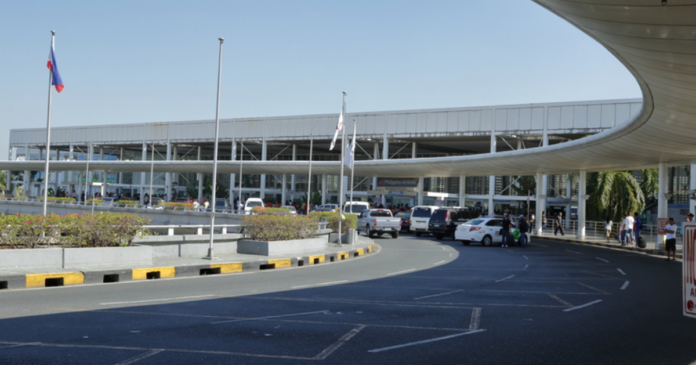2025 is shaping up to be a year of changes for the Ninoy Aquino International Airport (NAIA) as ongoing efforts to modernize the country’s busiest gateway take center stage.
Known for its dismal international ratings, NAIA is poised for a much-needed revitalization effort. From terminal reassignments to infrastructure upgrades and fee adjustments, these developments aim to enhance passenger experience and address longstanding issues of congestion and inefficiency.
This year will begin with a major reshuffling of airline operations. Cebu Pacific’s domestic flights will relocate to Terminal 2, making Terminal 3 an exclusive hub for international carriers. Philippine Airlines (PAL) will continue its operations at Terminal 1 for international flights and Terminal 2 for domestic routes, while AirAsia will consolidate its domestic flights at Terminal 4.
These changes, expected to take full effect by the first quarter of 2025, aim to streamline passenger flow and reduce bottlenecks.
Under the management of the New NAIA Infrastructure Corporation (NNIC), the airport is undergoing major rehabilitation to enhance its facilities. NNIC is backed by San Miguel Corporation (SMC), a major player in the country’s infrastructure projects, led by billionaire businessman Ramon Ang.
The consortium has committed to transforming NAIA into a world-class facility. New passenger support vehicles and upgraded ground operations equipment have already been deployed across NAIA’s four terminals. Long-term plans include expanded waiting areas, improved baggage handling systems, and enhanced technology integration for check-ins and security screenings, aligning NAIA with international standards.
Travelers should also anticipate adjustments in airport fees in 2025. Discussions are underway to revise terminal and other service fees, following the 2024 implementation of parking fees across terminals.
While these increases aim to fund improvements, they have drawn mixed reactions from travelers and industry stakeholders.
Through NNIC, San Miguel Corporation won the bid to manage NAIA’s privatization, marking a shift in management to a private entity focused on improving efficiency and service quality.
As these changes unfold, passengers can look forward to a more efficient and comfortable travel experience. NAIA’s transformation marks a crucial step in addressing its challenges and redefining its role as the country’s primary international gateway.



